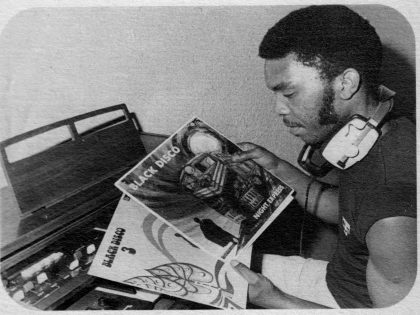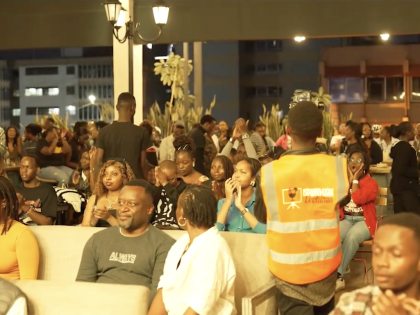The Edutainment Industrial-Complex
The ONE organization (it counts one of Warren Buffett’s sons as well as Bono, Sheryl Sandberg, Condoleezza Rice, Nigeria’s unpopular finance minister Ngozi Okonjo-Iweala, among its leadership) dropped a new African pop star powered video this past week:
So this is their strategy? Ask a bunch of relatively wealthy, globally-mobile pop superstars to tell rural youth to not participate in the flashy urban lifestyle they (the artists) usually promote–to stay in the countryside and participate in the resource extraction side of global capitalism? As Sean pointed out to me over email, the video isn’t unlike the type campaign some dictatorship (South Africa’s racist regime was fond of it) might use as a tool of “national development” or to fight crime or build national morale.
It’s actually kind of humorous if you look at it in that way.
Let’s pretend ONE (the organization) tried to do something like this in the American Midwest. Like, asked Kanye West to go to a car factory in Detroit and tell inner city youth to invest in their future as urban manufacturers. Would it work? Maybe that’s not the right analogy. Still, this ad/music video/pro-agriculture campaign in my mind just isn’t effective, and way out of touch with the reasons why African youth follow pop stars in the first place.
It’s not that I’m completely against edutainment. I do think that in general, especially in the context of developing countries, we have to be vigilant about who’s involved in such projects, and how funding molds priorities of organizations, artists, and average people. Perhaps the most important thing for the producers of such material to do is to understand and respect their target audience, an attitude that would prioritize grassroots movements and help enforce transparency.
For example, a Danish company recently launched an entertaining (and a little less patronizing) pro-sex ad addressing falling birth rates in their country.
And in Liberia a similar campaign involved Liberian rapper Takun J (full disclosure: I was tangentially involved and in support of this project), and efforts to curb rape and sexual abuse in his country.
The Takun J project was a heartfelt plea from the rapper, wanting to share the story of hardship of a young woman he met. In my opinion Takun’s sincerity goes a long way to get the message across to his large following of urban male youth. At least more convincing than D-Banj as a farmer.



















